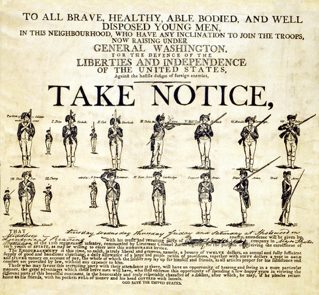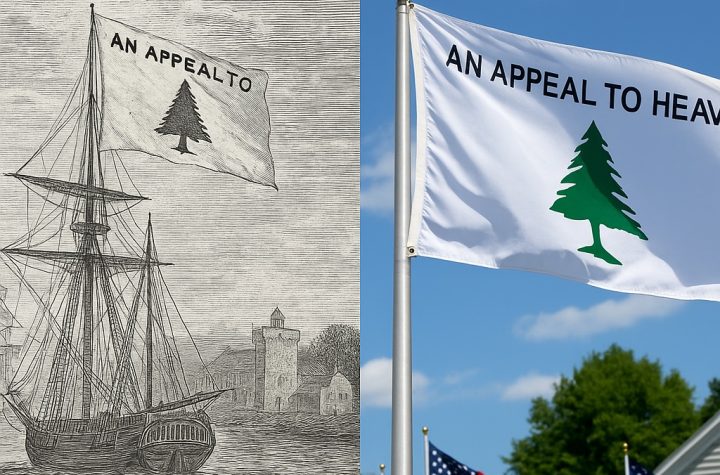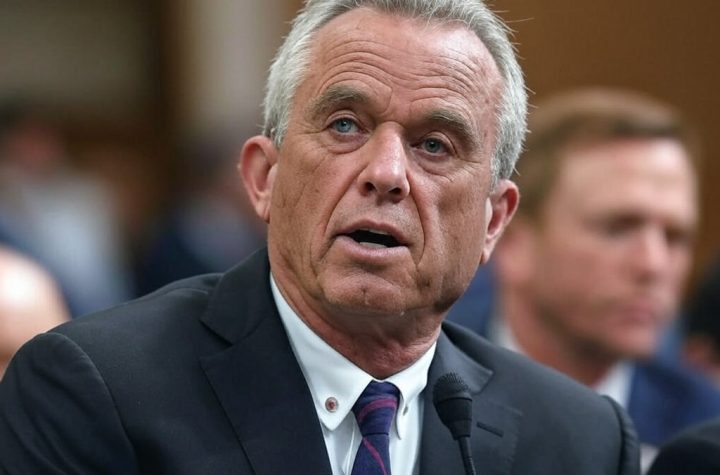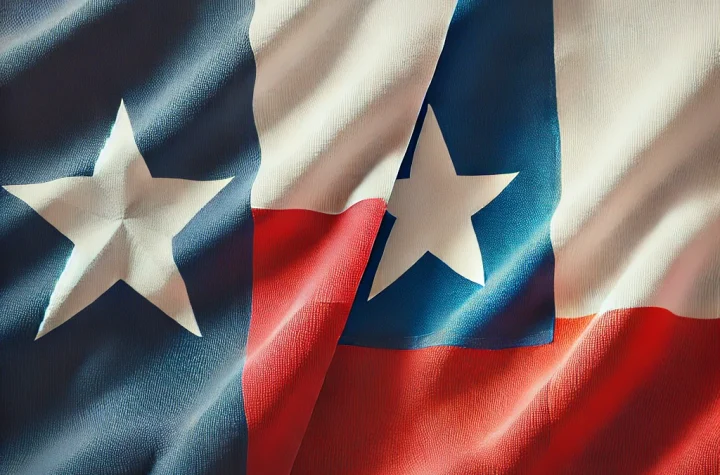
In 1782, with the British surrender at Yorktown marking the effective end of the Revolutionary War, America stood on the brink of victory. General George Washington and his troops had defeated General Cornwallis after the British army was left without food and ammunition. The world truly felt as if it had turned upside down as Cornwallis signed the Articles of Capitulation, and British troops marched out to the tune of “The World Turned Upside Down.”
But despite the victory, the war wasn’t officially over. The Treaty of Paris had not yet been signed, and British forces still occupied parts of the newly formed nation. Worse yet, the United States was a fragile union governed by the weak Articles of Confederation, with no constitution and a government that could not pay its soldiers.
Discontent Among the Troops
Soldiers of the Continental Army had sacrificed greatly, but many had not been paid for months. With peace on the horizon, the army was growing restless. An anonymous letter began to circulate, proposing that if Congress didn’t pay up, the soldiers should either refuse to disband or even march on Congress itself to demand justice. This was no idle threat—America’s hard-won independence was at risk of collapse from within.
The letter spoke of using military force to enforce their demands, an idea that horrified the very leader they had fought alongside: George Washington.
Washington’s Call to Action
When Washington got word of this mutiny brewing within the ranks, he knew he had to act. Calling a meeting of his officers, Washington allowed them to air their grievances. While they gathered to discuss, the officers were surprised to see Washington himself enter the room. His presence alone was enough to silence the mutinous murmurings.
Washington denounced the plan and its author in no uncertain terms:
“My God! What can this writer have in view, by recommending such measures! Can he be a friend to the army? Can he be a friend to this country? Rather, is he not an insidious foe?”
Washington reminded the officers of the sacrifices they had all made together—he had stood beside them through every trial and hardship. He had personally lobbied Congress to ensure they would be paid. But he warned them that by turning against their own fledgling country, they risked losing everything. Would they really leave their families, homes, and the new nation they had fought for vulnerable to the British? Would they tarnish their hard-earned glory by becoming a lawless mob?
“Gentlemen, You Must Pardon Me”
To conclude, Washington began to read a letter from a member of Congress sympathetic to their cause. But as he stumbled over the first paragraph, he reached into his pocket and pulled out something few had ever seen: his spectacles. He paused and said, “Gentlemen, you must pardon me. I have grown not only gray, but almost blind in my country’s service.”
This simple statement—spoken by a man who had endured every hardship alongside his soldiers—brought the room to tears. In that moment, the idea of mutiny vanished. The officers, moved by Washington’s words and their shared bond, unanimously thanked their commander. Their affection for him had quelled any thoughts of rebellion.
The Coup That Never Was
Washington’s heartfelt appeal put an end to the mutiny before it even began. His leadership had not only won battles, but it had also saved the very soul of the new nation. The Continental Army eventually received the pay they were owed, and the Treaty of Paris was signed on September 3, 1783, officially ending the war and securing America’s independence.
George Washington’s ability to defuse a potential military coup with grace and humility is a testament to his greatness as a leader. His service to the country, both on the battlefield and in moments of internal crisis, is what makes him one of America’s greatest heroes.
To honor George Washington and his enduring legacy, you can explore the Washington Headquarters Flag




More Stories
The “Appeal to Heaven” Flag: Revolutionary War Symbol in Today’s Headlines
The Road to Victory: Trump’s Historic 2024 Election and the Patriotic Flag Surge
The Battle of Manassas: When Reality Struck the Union and Civilians Alike